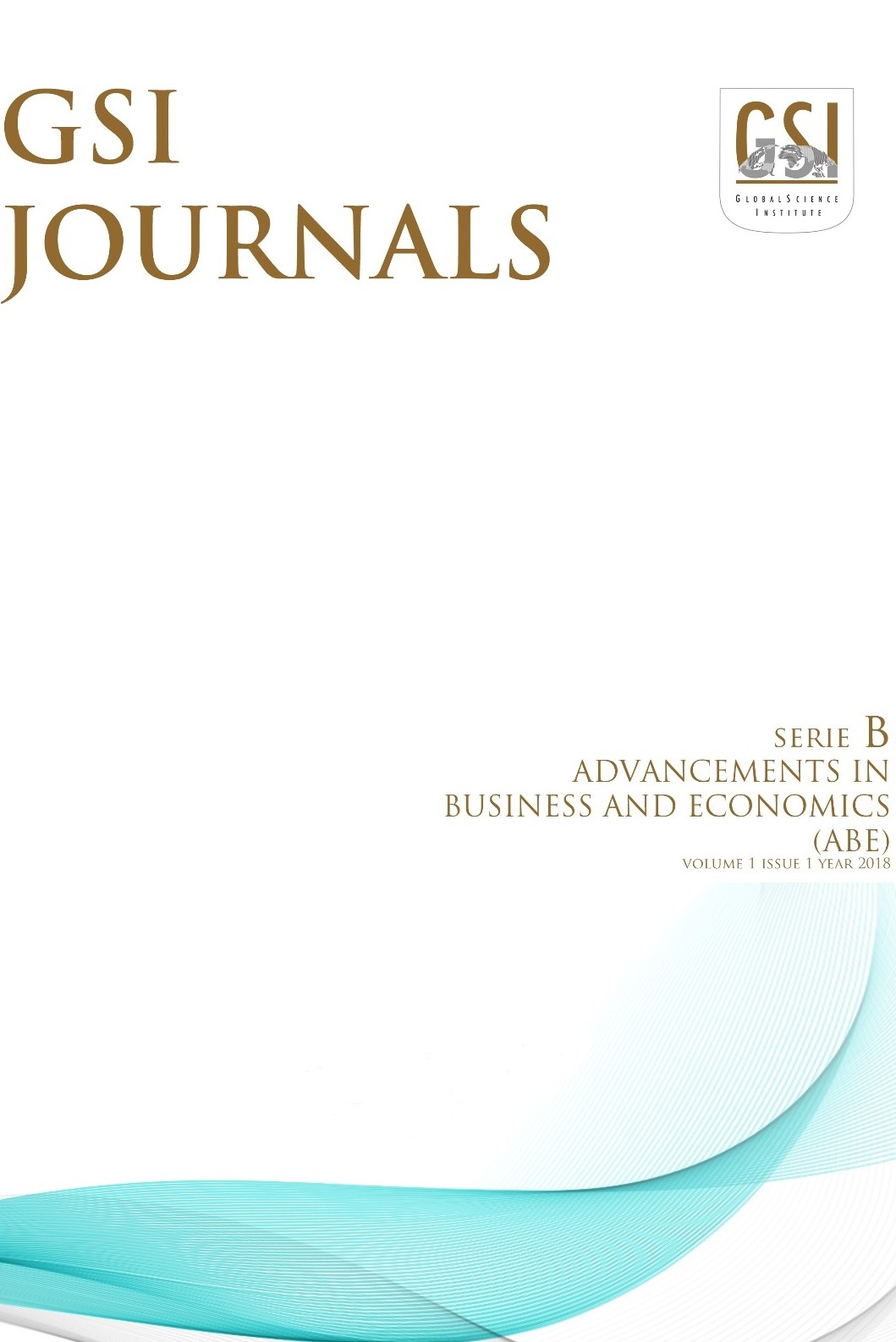The Structural Transformation of Neo-liberalism in Higher Education and the Transformation of Education into Investment: The Entrepreneurial University Model
The Structural Transformation of Neo-liberalism in Higher Education and the Transformation of Education into Investment: The Entrepreneurial University Model
Neoliberalism, Postmodernism, Structural Transformation, Educational Investment Entrepreneurial University,
___
- Aka, A. (2018). Neoliberalizm ve Kimlik Politikaları. 2. International Applied Social Sciences Congress (p. 30). Demre/Antalya: Educart Publishing House.
- Başar, M., Tosunoğlu, T., & Demirci, E. (2001). Girişimcilik ve Girişimcinin Yol Haritası: İş Planı. Eskişehir, Eskişehir Ticaret Odası Yayın No:14, p. 89.
- Celik, D. (2016). Küreselleşme ve Yükseköğretimin Dönüşümü Bağlamında Türkiye'deki Uzaktan Eğitim Merkezlerinin Amaç ve Faaliyetleri Üzerine Bir İçerik Analizi. Eğitim Bilim Toplum Dergisi, 14(55), 117-137.
- Ciftçi, M. (2010). Girişimci Üniversite ve Üçüncü Kuşak Üniversiteler. Dumlupınar Üniversitesi Sosyal Bilimler Dergisi, 341-348.
- DavisJr., J. B. (2009). Identity and Individual Economic Agents: A Narrative Approach. Review of Social, 67, 71-94.
- Dias, A. (September 1998). “Higher Education: Vision and Action for The Coming Centruy”, in Prospects. Paris: UNESCO.
- Etzkowitz, H. (2003). Research groups as 'quasi - firms' : the invention of the entrepreneurial university. Research Policy, 32, 109-121.
- Etzkowitz, H., Webster, A., Gebhardt, C., & Terra, B. R. (2000). The Future of the University and the University of the Future: Evolution of Ivory Tower to Entrepreneurial Paradigm. Research Policy(29), 314.
- Güven, İ. (2002). Yeni Gelişmeler Işığında Yüksek Öğretimde Yapısal Dönüşümler. Ankara Üniversitesi Eğitim Bilimleri Fakültesi Dergisi, 35(1-2), 93- 110.
- Gambetti, Z. (2009). İktidarın Dönüşen Çehresi: Neoliberalizm, Şiddet ve Kurumsal Siyasetin Tasfiyesi. İ.Ü. Siyasal Bilgiler Fakültesi Dergisi, 144.
- Gamble, A. (2006). Two Faces of Neoliberalizm. In R. Robinson, The Neo-Liberalizm Revolutaion: Forging the Market State (pp. 20-35). London: Palgrave.
- Harvey, D. (2015). Neoliberalizmin Kısa Tarihi. İstanbul: Sel Yayıncılık.
- Kirişçi, M. (2013, Nisan 29). Neoliberalizmin Eğitim Üzerindeki Etkileri. Retrieved Aralık 2019, from İktibas Dergisi: http://iktibasdergisi.com/2013/04/29/neoliberalizmin-egitim-uzerindeki-etkileri/
- Lazzeroni, M., & Piccaluga, A. (2003). Towards the Entrepreneurial University 1. Local Economy, Vol: 18, S: 1, s.38, 18(1), p. 38.
- Odabaşı, Y. (2006, Mayıs). DEĞİŞİMİN VE DÖNÜŞÜMÜN ARACI OLARAK GİRİŞİMCİ ÜNİVERSİTE. Girişimcilik Ve Kalkınma Dergisi, 87-104.
- Ozkul, O. (2006). J.Ortega y Gasset’e Göre Üniversite, Bilim ve Kültür. Akademik İncelemeler, 2(1), 87-94.
- Rukancı, F., & Anameriç, H. (2010, 10 3). Ortaçağda İlk Üniversiteler: Studıum Generale. Retrieved from Ankara Üniversitesi Dil, Tarih, Coğrafy Fakültesi, Bilgi Belge Bölümü: http://bilgibelge.humanity.ankara.edu.tr/ogrelfiles/ha/ortacag-universite.pdf
- Sakınç, S., & Bursalıoğlu, S. A. (2012). Yükseköğretimde Küresel bir Değişim: Girişimci Üniversite Modeli. Yükseköğretim ve Bilim Dergisi, 2(2), 92-99.
- Sayılan, F. (2006). Küresel Aktörler (DB ve GATS) ve Eğitimde Neo-Liberal Dönüşüm. Jeoloji Mühendisliği Dergisi, 44-51.
- Tüsiad. (2002). Türkiye’de Girişimcilik. Yayın No: 12/340. İstanbul: TÜSİAD.
- Timur, T. (2000). Toplumsal Değişme ve Üniversiteler. Ankara: İmge Kitapevi.
- Wissema, J. G. (2009). Üçüncü Kuşak Üniversitelere Doğru. İstanbul: Özyeğin Üniversitesi Yayınları.
- Yıldırım, N. (2014). Üniversitelerin Yenilikçilik, Üniversite-Sanayi İşbirliği ve Bölgesel Kalkınma Yönelimleri Üzerine Bir Araştırma. Marmara Üniversitesi Öneri Dergisi,, 11(42), 157-174.
- Yokoyama, K. (2006). Entrepreneurialism in Japanese and UK Universities: Governance, Management, Leadership and Funding. Higher Education(52), 523-555.
- Yayın Aralığı: Yılda 2 Sayı
- Başlangıç: 2018
- Yayıncı: Halil Cem SAYIN
Venkatesh P, Krıshna SUDHEER, Senthilmurugan PARAMASİVAN
Fatma ÖZTÜRK, Emrah YILMAZ, Bilge BİNGÜL, Ahmet DABANLI, Önder DEMİR
COVID-19 Pandemi Sürecinde Toplu Ulaşım Sistemlerinin Değerlendirilmesi
Rekreasyon ve Çalışan Verimliliği: Nitel Bir Araştırma
